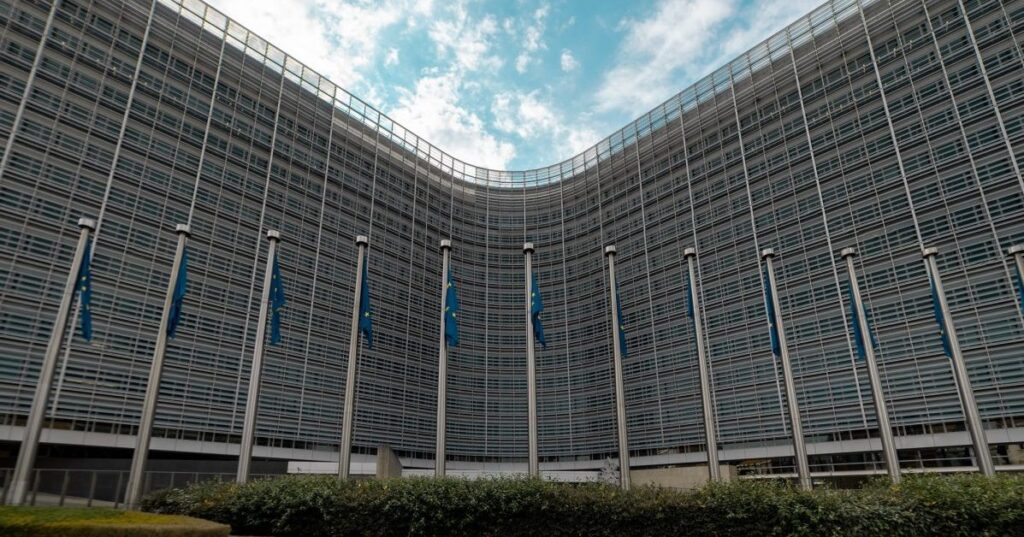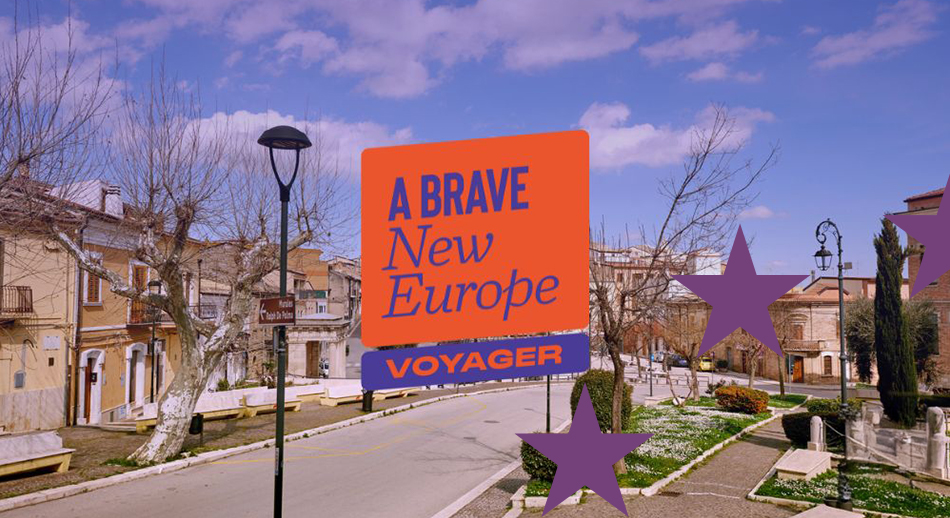We continue a successful series of useful updates to deepen our knowledge of European projects through simple self-education tools!
Those who missed any of the previous episodes can catch up with them here: 1 | 2 | 3 | 4 | 5 | 6 | 7 | 8
The European Commission has long promoted clearer and more direct access to information about calls for proposals and how to participate in the projects it funds. The “calls portal” on its web page (i.e., “funding & tender opportunities“) is in this a big step forward for those involved in europlanning, gathering in one digital tool most of the information useful to “insiders” and “newbies” to European planning.
Let us try here to summarize some of the main features and functions of this portal:
- A call search engine that allows keyword entry and filtering by status (open/closed/coming calls), type (call for tenders/call for proposals), reference program, date of publication/expiration, title and reference code;
- News section regarding European projects;
- Short sections explaining the features of calls for tenders and calls for proposals;
- A brief guide to participating in European projects organized in 5 steps: find a call for proposals, find a partner, create an account and register your organization (for online proposal submission), and finally submit your proposal. The guide actually continues outside the portal with additional sections that you can explore here (evaluation, project management, and more);
- Ability to subscribe to the RSS feed regarding published and expiring calls and to view call deadlines directly on your electronic calendar (through sharing in .ics format);
- For each program, access to reference documents and a summary sheet with brief description, priorities, projects and results achieved, and news;
- Direct access to tools for online platform registration and partner search.
The European Community Portal still has some limitations, namely:
- Is exclusively in English;
- does not yet present a comprehensive treatment of all community programs; indeed, for some programs the available information is still decidedly sparse;
- is heavily based on materials developed for Horizon2020 (this is the case with the guide mentioned above).
However, this is an interesting collection of materials that will surely be completed and deepened in the coming months.
Happy reading!




